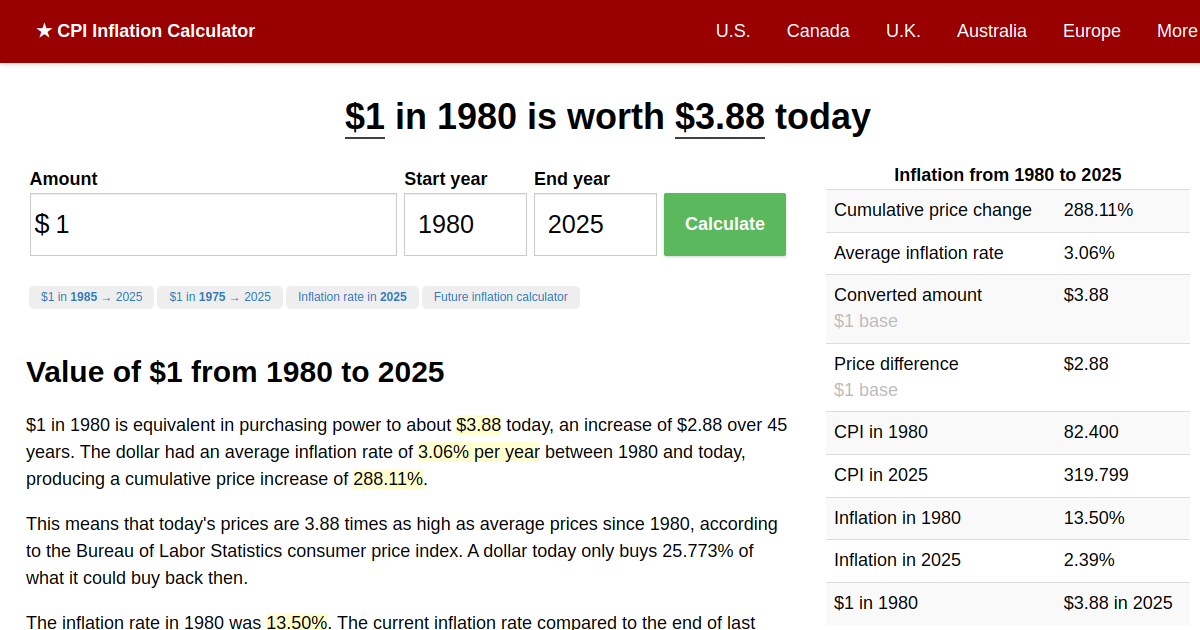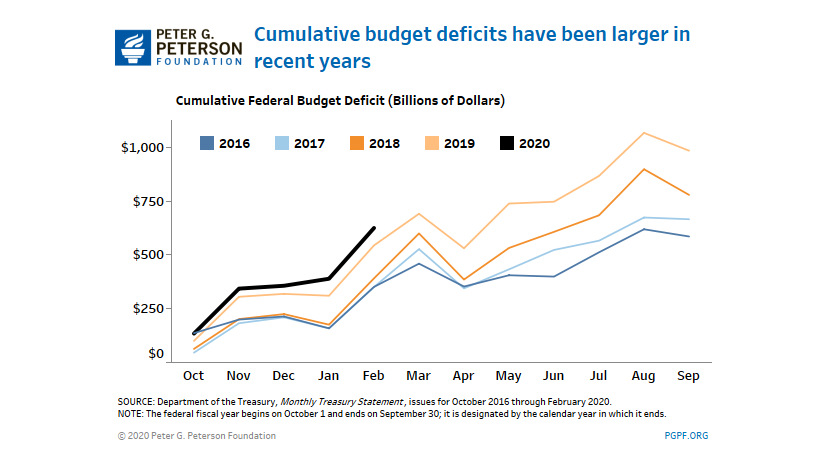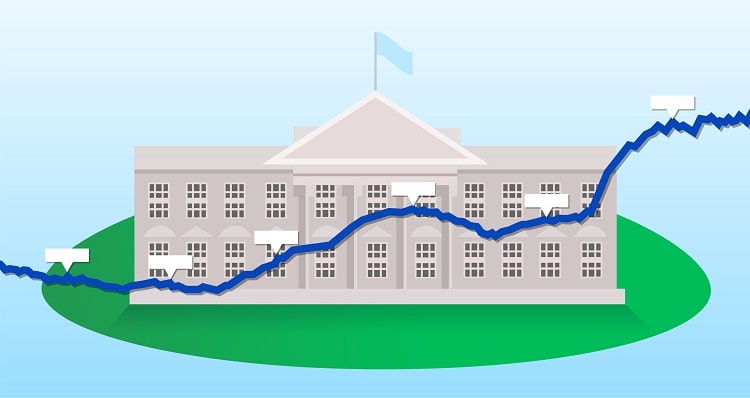Rye Catcher
Platinum Member
- Nov 21, 2019
- 12,780
- 7,607
- 940
- Thread starter
- Banned
- #21
Maybe you ought to consider how much 9.8 Billion spent between 2016 and 2020 benefited our country?All that we can know is that $3.5 trillion equals zero dollars, but only when democrats spend it.



/what-is-a-government-shutdown-3305683-final2-41d23fa1c3674cd98a5fa16c87e53d18.png)



